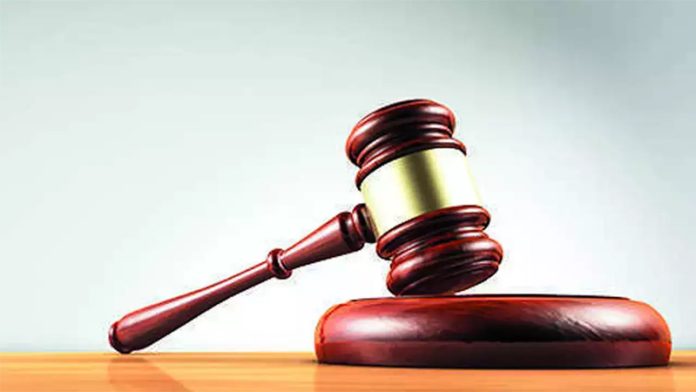BENGALURU, Oct 21: The Karnataka High Court on Monday rejected a public interest litigation (PIL) petition demanding that Congress leader Rahul Gandhi apologise for allegedly tarnishing the dignity of Indian women.
The PIL stemmed from a claim that Gandhi had falsely accused former Janata Dal (Secular) MP Prajwal Revanna, who is facing charges of rape and sexual abuse, of “raping 400 women and filming the act,” describing it as “mass rape” and not a sex scandal.
A bench comprising Chief Justice NV Anjaria and Justice K Aravind dismissed the petition, stating that it was a waste of judicial time.
The Court also imposed a Rs 25,000 fine on the petitioner, the All India Dalit Action Committee, for filing the plea.
The petitioner’s counsel argued that Gandhi’s remarks, made during a public speech, were highly irresponsible and offensive, particularly to the women of Hassan. He pleaded the Court to issue a notice to Gandhi, compelling him to respond to the allegations.
“Gandhi is a serial offender,” the counsel contended, referencing past statements made by Gandhi, including comments regarding individuals with the surname ‘Modi.’
The petitioner also cited Gandhi’s alleged citizenship issues, which are pending before the Delhi High Court, as further evidence of his misconduct.
However, the Karnataka HC found no merit in the petition and dismissed it along with a fine.
The petitioner’s counsel sought waiver of the fine and argued that he should not be penalized for taking rightful action.
The PIL highlighted that Gandhi’s allegations, made without evidence, misled the public and disrespected the modesty of Indian women, particularly in light of the provisions under the new Bharatiya Nagrik Suraksha Sanhita.
The plea argued that Gandhi’s statement amounted to hate speech and promoted gender-based hatred. It also sought a directive from the court requiring Gandhi to issue a public apology and called for the National Commission for Women to take appropriate action against him.
Despite the petitioner’s appeal, the Court concluded that the matter did not warrant further consideration. (PTI)
Trending Now
E-Paper


